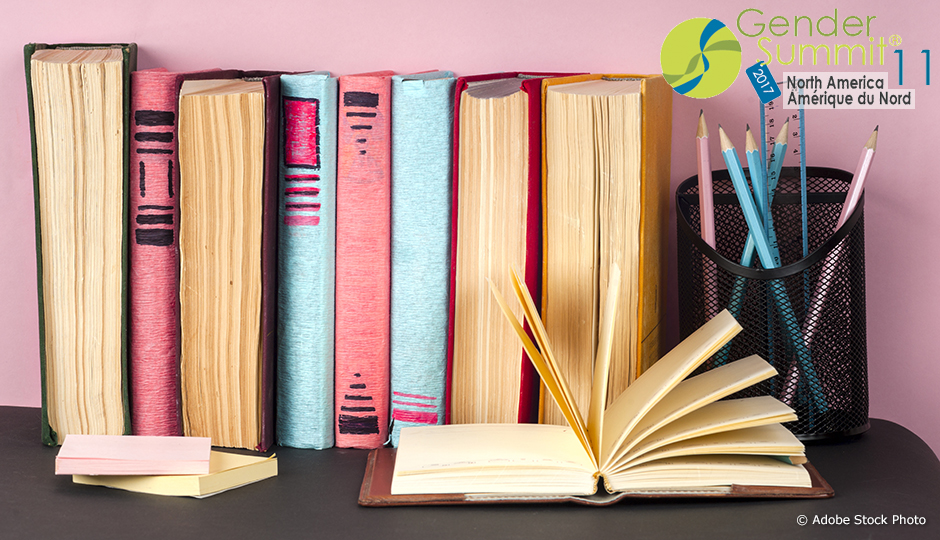
For this literature enthusiast, it was fertile ground that would later lead him to write a PhD thesis on Québec literature, and then to teach the subject in the United States. He served as editor of the American scholarly journal Québec Studies, and was awarded the Governor General’s International Award in Canadian studies.
During his university studies in Canada and Québec, Schwartzwald observed that literary analysis systematically avoided gender relations. “People who showed an interest in such issues were reproached with focusing on their own particular interest to the detriment of the universality of the work,” recalls the researcher. In the United States, where he taught for 22 years before returning to Québec, sex and gender studies were booming.
Schwartzwald believes that literature students must discover works produced by the whole of humanity, not only a part of it. He adds that literary discourse is ambiguous, expressing desires and identities that are often unclear. Literary studies depend on these shadows and tensions.
The question of gender, in this sense, is unavoidable. Gender studies have greatly contributed to introducing this complexity, this fluidity of identity in a world marked by binary opposites. Even when that means creating discomfort. “In fact, the greatest literary works are those that shake our convictions,” believes Robert Schwartzwald.
Homosexuality as a metaphor for identity
After seeing and reading the early plays of Michel Tremblay, Schwartzwald began to take an interest in gender and sexuality issues, and to draw parallels with the Québec nation and its questioning. “In these plays, homosexuality becomes a metaphor for authenticity,” explains the researcher. “For Michel Tremblay, assuming his homosexual identity is a question of authenticity, in the same way that Québec must accept its identity as a nation. Others, however, see homosexuality and transvestism as forms of inauthenticity, imitations.”
Changes in the staging of Tremblay’s Hosanna demonstrate the evolution of these perceptions. André Brassard’s 1973 production articulates the notion of the authenticity or inauthenticity of homosexuality and transvestism, while that of Lorraine Pintal in 1991 raises the question of gender. What does it mean to be a man, or a woman? This approach is highly representative of the debates taking place in the early 1990s.
Robert Schwartzwald is the author of two seminal essays in Québec homosexual studies: Fear of Federasty: Quebec’s Inverted Fictions, in 1991, and (Homo)sexualité et problématique identitaire, in the same year. He points out the importance of cherishing freedom of thought, which allowed him to carry out his research at Université de Montréal and the University of Massachusetts. In some American states, conservative groups make life hard for gender theorists, accusing them of brainwashing their students and of having hidden intentions. There is still a long way to go.





